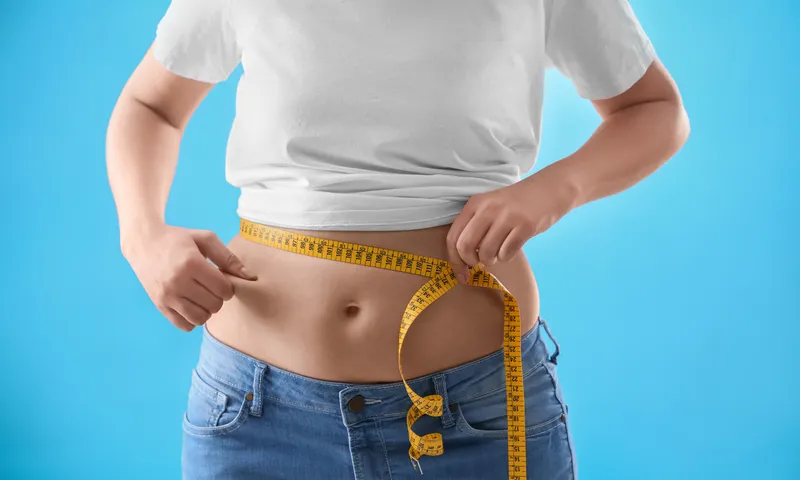Can Iron Deficiency Anemia Cause Weight Gain

Anemia is a widespread condition with almost two billion people being affected globally. The most common type of anemia is iron deficiency anemia, which, as its name suggests, occurs when the body lacks iron and therefore cannot fulfill its functions properly. Additionally, iron deficiency anemia is commonly associated with weight gain. This article explains what this condition is, addresses whether iron deficiency anemia can cause weight gain, and discusses how it can be treated effectively while preventing weight gain.
About Iron Deficiency Anemia
Iron plays a crucial role in the production of red blood cells and hemoglobin. Normally, hemoglobin ensures proper bodily functions by transporting oxygen to various parts of the body. However, when iron levels are low, the body cannot make enough hemoglobin and healthy red blood cells, which then can’t adequately fulfill their responsibilities.
Iron deficiency anemia can be caused by various factors, such as a poor diet, blood loss, pregnancy, or trouble absorbing iron. Symptoms can include fatigue, shortness of breath, dizziness, and a faster-than-usual heart rate and breathing. Pale skin, brittle nails, or unusual cravings for inedible, iron-rich items like ice and clay may also develop when iron deficiency remains untreated.
Can Iron Deficiency Anemia Cause Weight Gain?
While iron deficiency anemia doesn’t cause weight gain directly, there is a reason why people often associate the two. This is because prevalent symptoms of anemia, like fatigue, may lead you to be less physically active and experience increased appetite and cravings as the body attempts to compensate for low energy and oxygen levels. These factors can encourage weight gain. Additionally, once an individual starts taking iron supplements and restores normal body functions, increased energy levels and appetite can lead to overeating, while bloating or constipation from iron supplements may mimic weight gain. Lastly, actual weight gain can occur in conditions causing anemia, such as hypothyroidism or PCOS, which sometimes leads people to believe that iron deficiency anemia is the core issue.
How To Treat Iron Deficiency Anemia and Prevent Weight Gain
Oral iron supplements such as Feriva 21/7 are most commonly prescribed when treating iron deficiency anemia. However, in more serious cases, you may require faster-acting treatment methods, such as intravenous iron or blood transfusions, until a lasting solution is found. To prevent your symptoms from recurring even after treatment, your doctor must address the underlying cause of the condition, such as blood loss during heavy periods or ulcers.
Lifestyle changes can also be effective methods to normalize iron levels and prevent weight gain linked to iron deficiency anemia. This may include replacing high-calorie meals with lean and iron-rich options such as lean red meat, chicken, lentils, spinach, or beans. Combining these foods with a source of vitamin C can help you boost your absorption. However, eating calcium-rich foods, tea or coffee with iron supplements, may have the opposite effect. Once your symptoms subside, stay mindful of your eating habits, avoid overeating, and regularly engage in physical exercise. Following up with your doctor and frequent blood tests can help catch low iron levels early and help you stay on top of your treatment.
IMPORTANT NOTE: The above information is intended to increase awareness of health information and does not suggest treatment or diagnosis. This information is not a substitute for individual medical attention and should not be construed to indicate that use of the drug is safe, appropriate, or effective for you. See your health care professional for medical advice and treatment.


